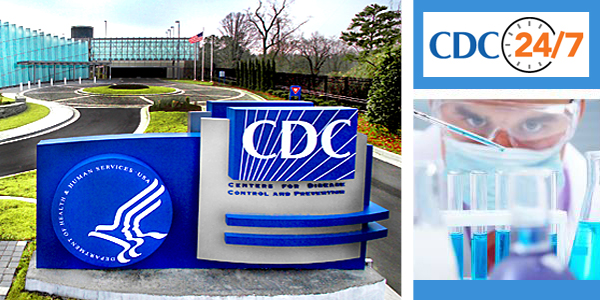CDC Opens New East Asia and Pacific Regional Office in Japan

TOKYO, February 5, 2024 – U.S. Centers for Disease Control and Prevention (CDC) Director Mandy Cohen celebrated the opening of the new CDC East Asia and Pacific (EAP) regional office in Tokyo, Japan, at a ceremony that included U.S. Ambassador to Japan Rahm Emanuel, Japan Minister of Health, Labour and Welfare Keizo Takemi, diplomatic and health leaders from countries in the region, international organizations, and academic institutions. CDC’s EAP regional office will further strengthen the United States Government’s global health impact by working with Japan, partner countries and regional organizations to prevent, detect and respond to health threats.
“America’s safety and security is dependent on the strong linkages between countries around the world,” said Mandy Cohen, M.D., M.P.H, Director of the Centers for Disease Control and Prevention. “CDC’s East Asia and Pacific regional office will address health security – globally and in the region – by focusing on cooperation in advanced threat detection, laboratory networks, response capacities, and other platforms and systems for rapid response to ongoing and emerging public health threats.”
Priorities for the new regional office include:
- Expanding CDC’s core global health security capacity by building stronger collaboration and partnerships in the East Asia and Pacific region,
- The ability to detect public health threats and respond quickly, and
- Knowledge and information exchange between CDC and the region.
“The COVID pandemic reminded us that viruses don’t stop at borders,” said Rahm Emanuel, U.S. Ambassador to Japan. “International collaboration, transparency, and science, especially among partner countries like Japan, are key. The opening of CDC’s regional office in Tokyo brings together American, Japanese, and regional expertise to track, respond to and defeat diseases.”
Through this office, CDC will focus on identification, response, and mitigation of health threats in international settings to rapidly respond to outbreaks at their source and prevent spread to and within the U.S. Expanding government and nongovernment partnerships will help CDC build the trust and transparency needed for the rapid exchange of data, and it will also strengthen core global health security capacities. Partnering to train a global workforce to prevent, detect, and respond, and sharing scientific expertise will strengthen programs and people to prevent emerging threats.
Michelle McConnell, MD, has been named the new CDC EAP regional director, transitioning from her previous role as director for Asia and the Pacific in the Office of Global Affairs at the U.S. Department of Health and Human Services. In her new position, Dr. McConnell will formulate a global health security strategy for the region, oversee global health security activities, collaborate on the implementation of headquarters programs through partnership with CDC country offices, and engage with other relevant stakeholders.
In today’s interconnected world, a disease threat anywhere can become a health threat in the U.S. Recognizing that disease knows no borders, CDC has setup regional offices worldwide to promote U.S. global health security objectives and establish a lasting global presence. In the past few years, CDC established regional offices in South America (Brazil), Eastern Europe/Central Asia (Georgia), the Middle East/North Africa (Oman), and Southeast Asia (Vietnam) and this year will add two new regional offices with the opening of the East Asia Pacific Office today and the opening of the Central America/Caribbean office in Panama later this year.
